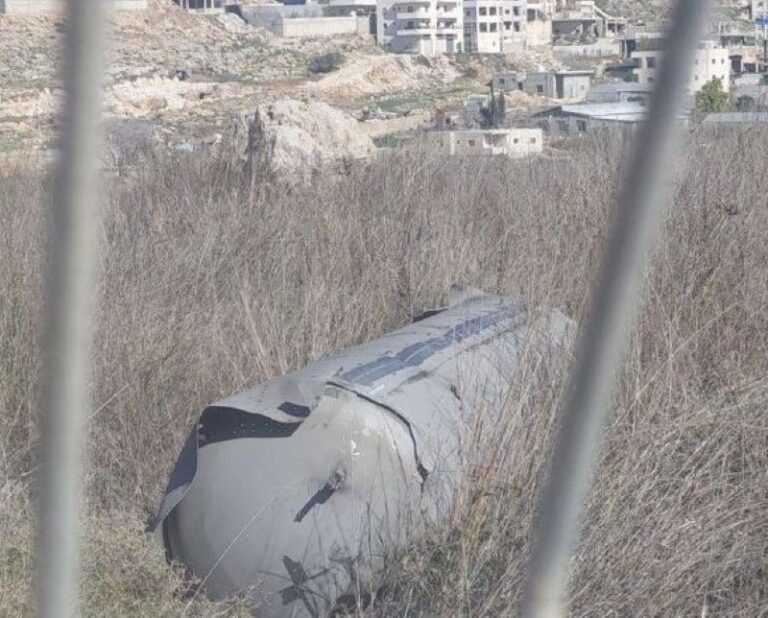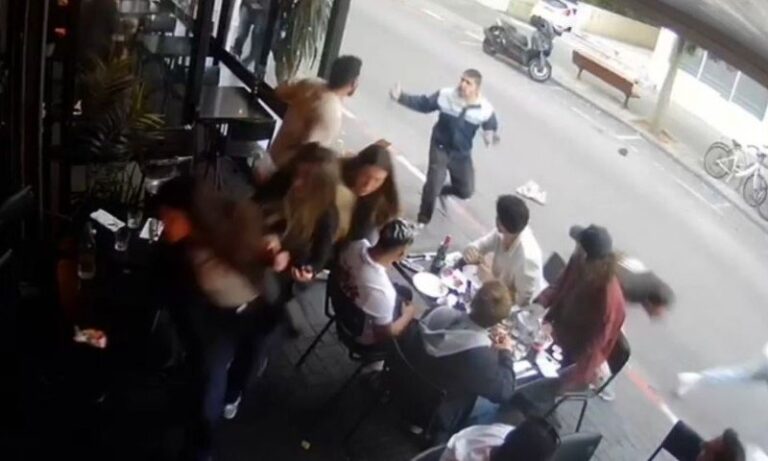German prosecutors said Wednesday they have indicted two former Nazi SS guards in their 90s on charges of being accessories to murder while they worked at a World War II concentration camp.
Both men served as guards at the Stutthof concentration camp, located near what is now the Polish city of Gdansk, Dortmund prosecutor Andreas Brendel told The Associated Press.
The indictments were filed against a 93-year-old man from Borken who served in Stutthof from June 1942 to September 1944 and a 92-year-old man from Wuppertal who was there from June 1944 to May 1945.
The charges were filed last week at the state court in Muenster but only announced Wednesday because the defendants first had to be notified. Both deny they had any knowledge of killings at the camp, Brendel said.
About 65,000 people died at Stutthof. Some were put to death in gas chambers or shot, while others died from malnutrition or froze to death.
The men, who have not been named, both served as guards and also watched over prisoners who were taken outside the camp to work. During the time they were at Stutthof, hundreds of killings occurred.
Members of the SS killed more than 100 Polish prisoners and some 77 Soviet prisoners of war in the camp’s gas chamber in 1944. An unknown number of Jews also were gassed there in late 1944.
Between June 1944 and April 1945, SS members also killed several hundred Jews by shooting them in the back of the neck. SS-physicians and nurses at Stutthof killed more than 140 prisoners, many of them Jewish women and children, by injecting their hearts with gasoline and the chemical compound phenol from late 1942 until late 1944.
“The prosecutors assume that the accused were aware of the different killing methods …and that such a multitude of people could have only been killed with such regularity because the victims were guarded by helpers like them,” the court wrote in a statement issued Wednesday.
The two men therefore willingly supported several hundreds of killings of camp inmates in their function as guards, the statement added.
German prosecutors in recent years have pursued Nazi suspects under new legal reasoning that, even without evidence of a specific crime, they can be prosecuted if they helped camps operate.
(AP)











